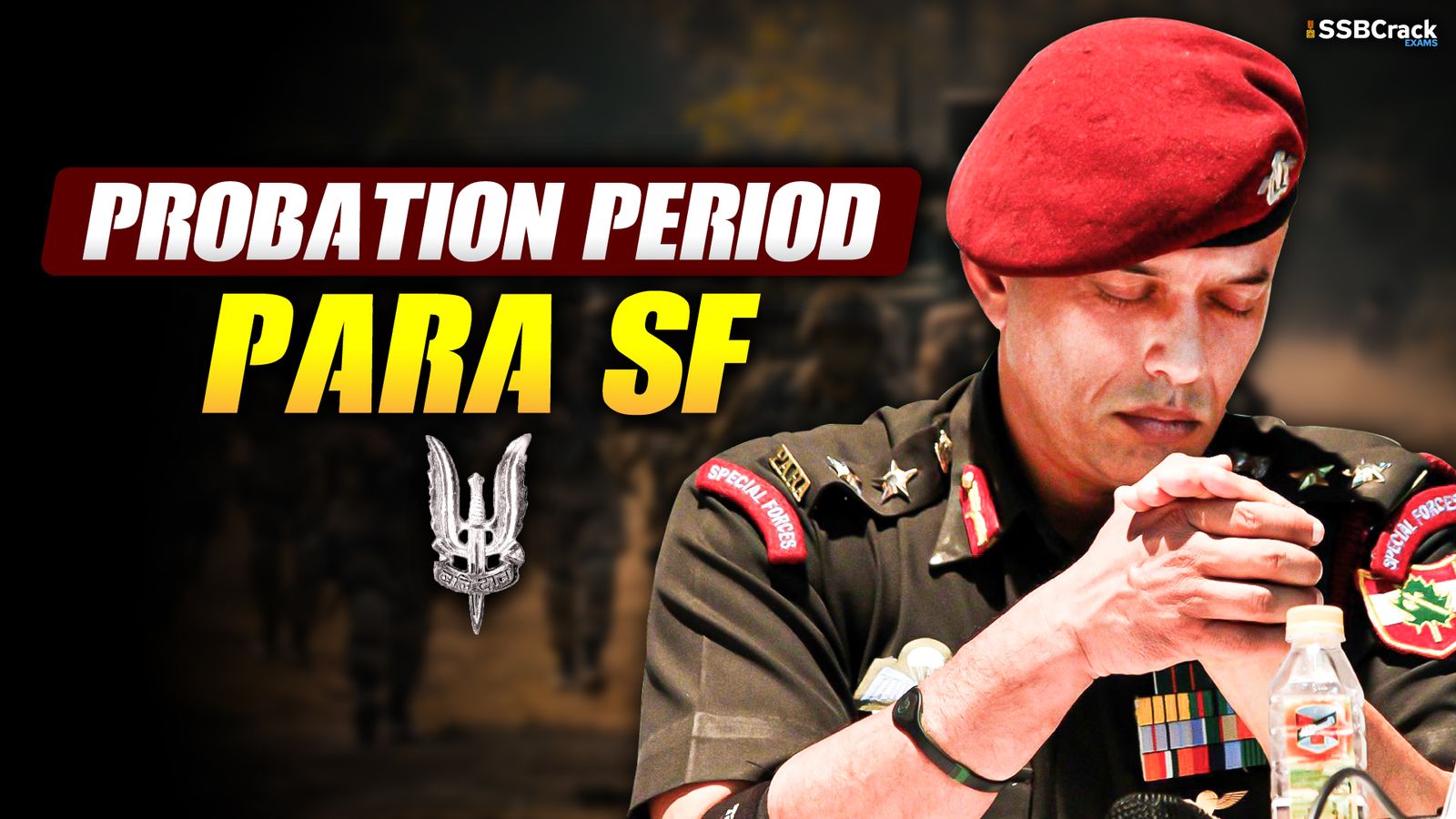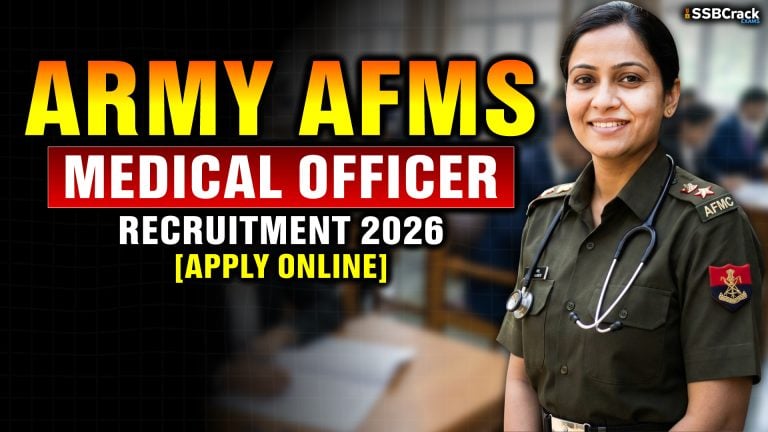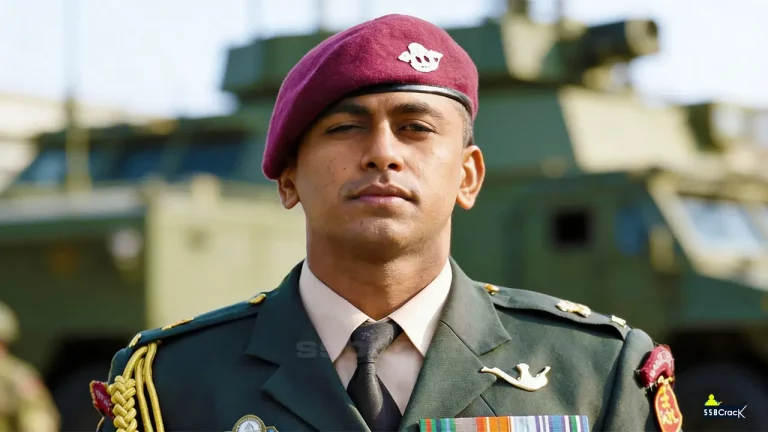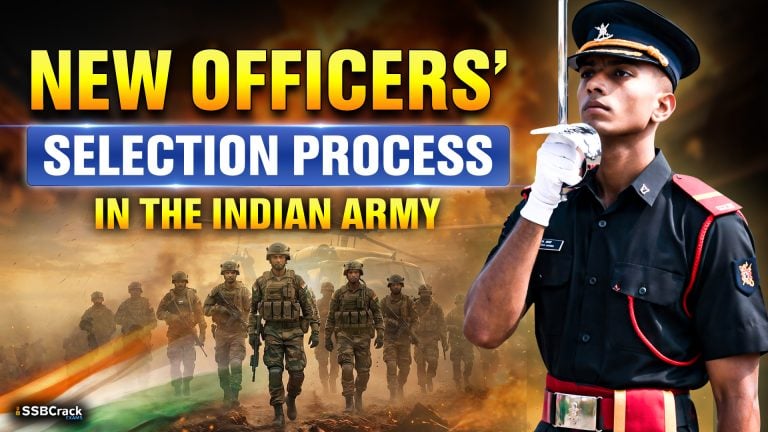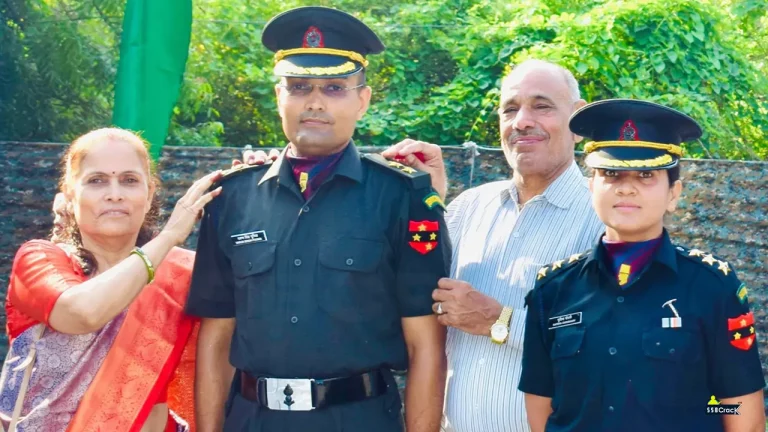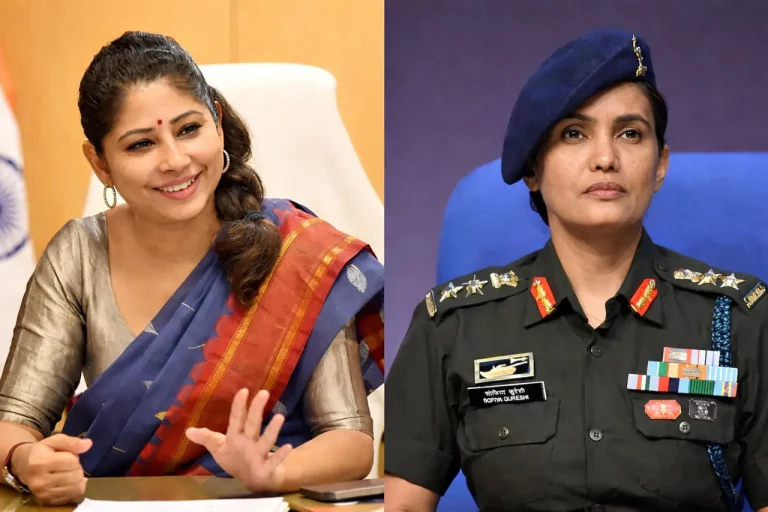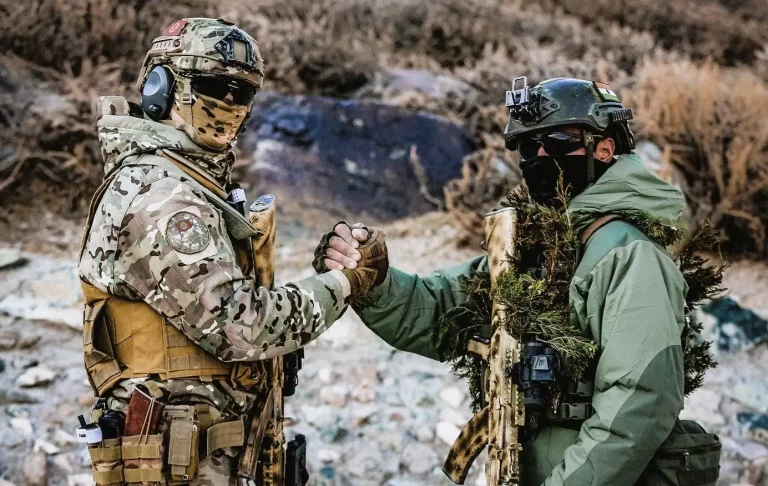The selection process for the Para Special Forces (SF) of the Indian Army is recognized as one of the most demanding military training regimens globally. Candidates undergo a rigorous probation period designed to test their physical endurance, mental strength, and tactical skills, ultimately aiming to create elite soldiers capable of performing in some of the most inhospitable environments. This probation phase is often labeled the deadliest military test in India, with a typical success rate of less than 10%.
The path to becoming a Para SF commando entails enduring months of intensive physical and psychological trials, often modeled after real combat scenarios. This training is essential for aspiring soldiers, whether they are current troops or new recruits, as they must grasp the complexities involved to emerge successfully.
The Para Special Forces are regarded as the pinnacle of military excellence, with their rigorous training acting as a significant rite of passage that only the most resilient can complete. In the past five years alone, thousands have attempted this probationary phase, yet fewer than 500 individuals have successfully graduated, earning the maroon beret and Balidan Badge that signifies membership in this elite unit.
Economic advantages accompany a successful career in the Para SF, providing not only a means to serve the nation but also enhanced financial stability. Successful candidates enjoy improved pay scales, special allowances, and post-service opportunities. For instance, Para SF commandos can earn risk and hardship allowances that elevate their monthly income by up to 50% compared to regular infantry soldiers. The skills gained during their probation—skills like leadership, survival, and tactical expertise—are highly sought after in various fields after their military careers, with many transition to roles in private security, consulting, or corporate leadership, often commanding salaries that exceed INR 1 lakh per month.
Furthermore, the economic benefits extend beyond individual soldiers to their families and communities, as as ex-commandos often secure higher pensions—20-30% more than their peers—because of their specialized service. A growing trend among Para SF alumni includes venturing into entrepreneurship, where many establish defense training academies or engage in adventure tourism ventures.
While there are notable financial incentives, the challenges inherent in the Para SF probation are formidable. Candidates face a 90-day intensive phase characterized by physical challenges like sleep deprivation, extreme exertion, and simulated combat scenarios, where initial drop-out rates can reach up to 80%. The demanding nature of the probation includes forced marches totaling up to 40 km while carrying loads of 30 kg, high-altitude jumps, and underwater combat drills, all of which require candidates to maintain tactical precision under extreme stress. Data indicates that injuries, including stress fractures and hypothermia, are commonly reported, highlighting the necessity for comprehensive preparation.
Mental endurance is equally essential, with psychological tests and isolation exercises designed to challenge candidates’ mental resilience. They are confronted with scenarios that require rapid decision-making in adverse conditions, often deprived of food and rest for extended durations. Success often hinges on achieving not just physical strength but also developing a strategic mental outlook, such as fostering resilience through peer support and visualization techniques.
Recent years have seen a shift in training mechanisms, integrating advanced technologies to align with contemporary warfare tactics. Innovations in training, such as drone-assisted reconnaissance and cyber warfare modules, have become crucial components of the curriculum. Over the last two years, there has been a reported 15% increase in technology-driven training modules, emphasizing the need for candidates to engage with not only traditional military tactics but also the digital battlefield.
Moreover, the approach to probation is increasingly incorporating wellness and recovery protocols, leveraging advancements like biofeedback tools and nutritional technologies to mitigate injury risks. Environmental considerations are also becoming more prominent, ushering in training methods that advocate for low-impact operations in delicate ecosystems.
Passing the Para SF probation is a transformative experience that requires a blend of physical capabilities, mental resilience, and strategic savvy. By understanding the potential economic advantages, successfully navigating the inherent challenges, and adapting to forward-looking trends, candidates can significantly enhance their likelihood of success in this grueling selection process. Ultimately, this test not only shapes elite commandos but also develops personal attributes that support broader societal and national progress.
